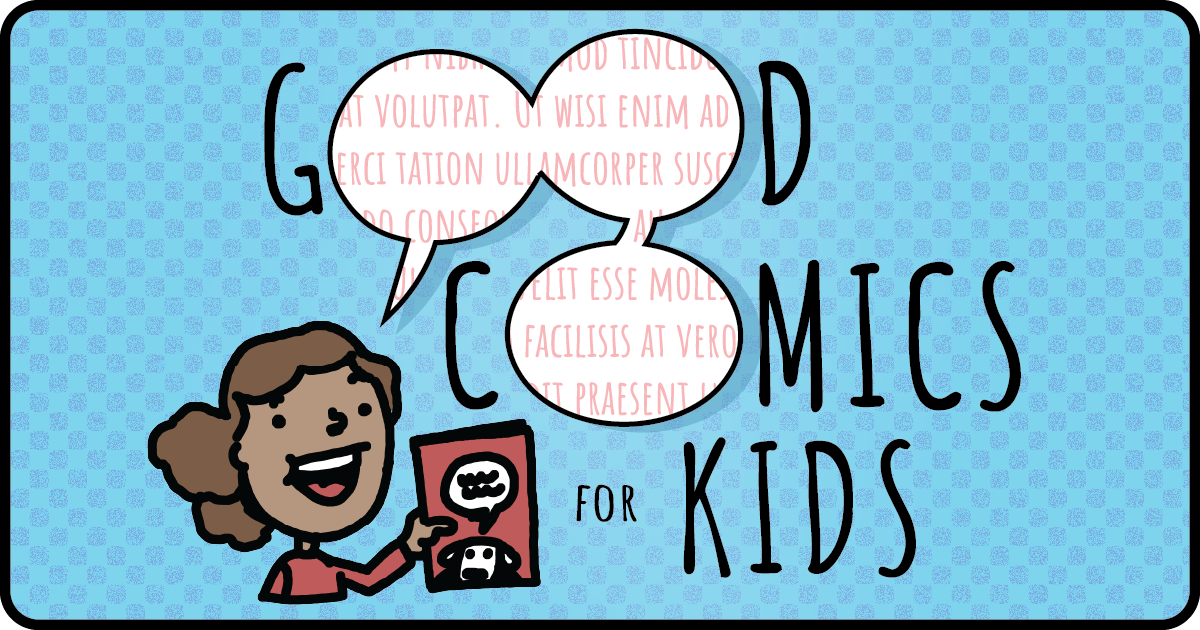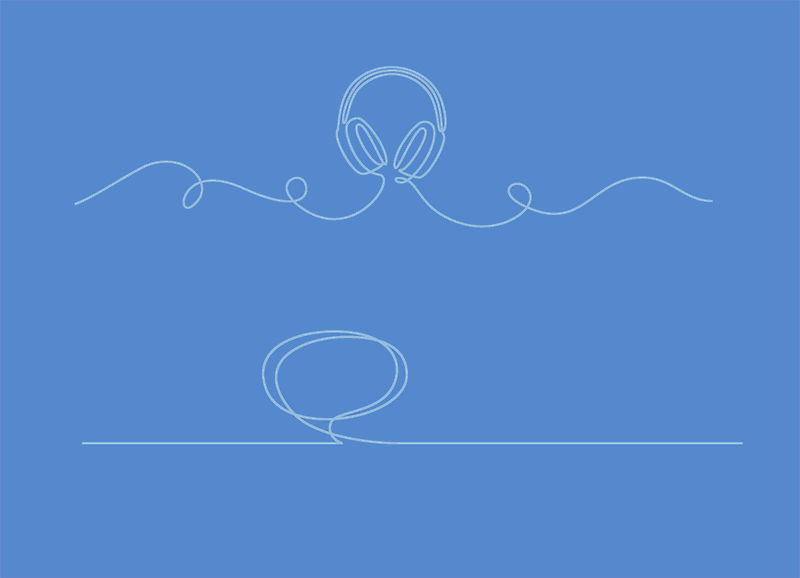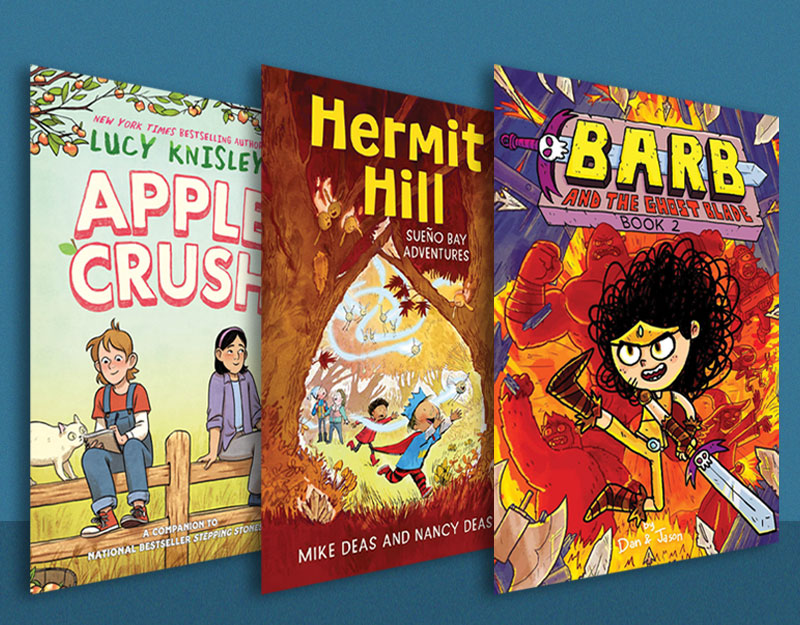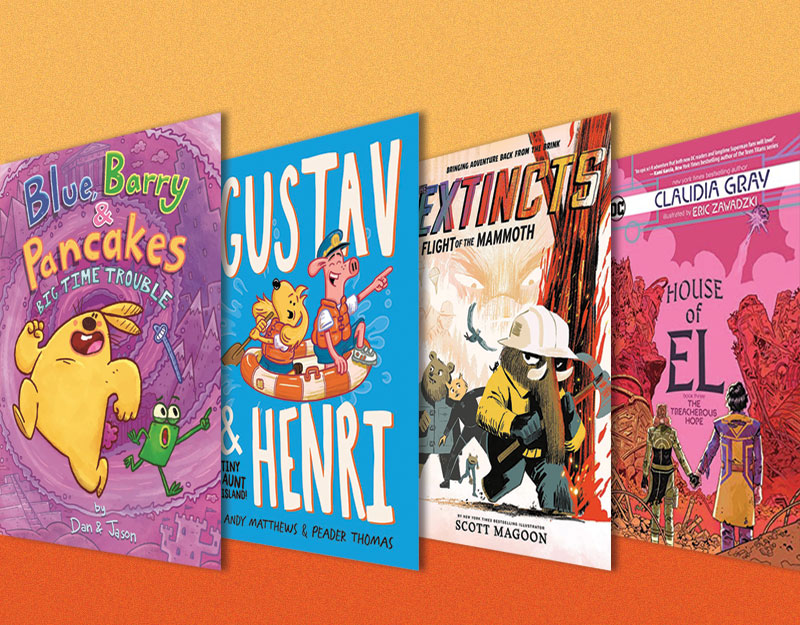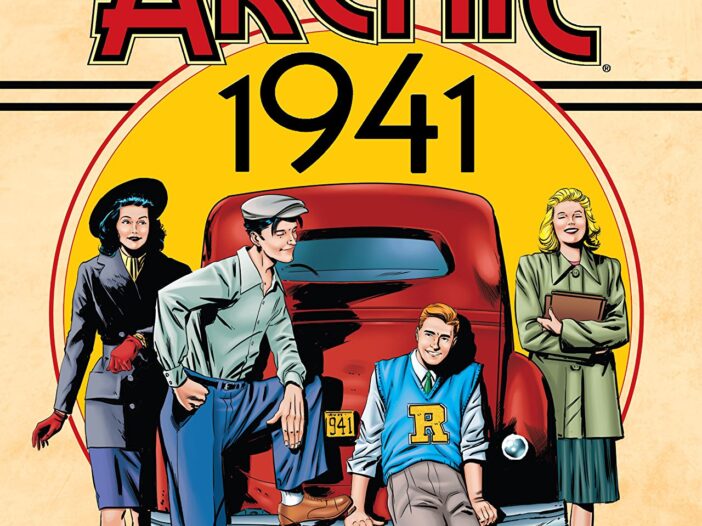
Review: ‘Archie: 1941’

Archie: 1941
Writers: Brian Augustyn and Mark Waid
Artist: Peter Krause
Archie Comics; $17.99
Like most long-lived comic characters, Archie Andrews and his classmates haven’t aged in real time, but rather are regularly updated so that they are eternally young and constantly current. With Archie: 1941, another project in the increasingly long line of Archie Comics’ experiments with their once staid formula, the writing team of Brian Augustyn and Mark Waid purposefully work against that aspect of comics.
Their starting point is the year 1941, when the character Archie Andrews was first created and began starring in stories in Pep Comics, and from there they craft a serious drama imagining what the characters’ lives might have been like if they were real teenagers in that year.
ADVERTISEMENT
ADVERTISEMENT
The result is a World War II-era period piece, in which the fun-loving teens are all forced to grow up extremely fast as they deal with the forces that were shaping the world at the time. Peter Krause’s detailed and obviously thoroughly researched artwork is realistic in style and storytelling, so the book looks nothing like the silly gag comics of the Archie stories of the early 1940s. In fact, such realistic art isn’t something that the residents of Riverdale would be represented by until the last few years, really.
The book opens with Archie and Jughead on their way to their graduation ceremony, and the first issue/chapter—the comic was originally published as a five-issue miniseries, and is now collected into a trade paperback that reads like a graphic novel—is set over the course of the summer following the end of their senior year. Throughout, Archie seems pensive and distant. There’s clearly something bothering him, but he himself can’t quite articulate what’s wrong, to the annoyance of everyone around him, particularly his girlfriend Betty Cooper and his father Fred Andrews, who is waiting for Archie to decide whether he intends to get a job or go to college or join the army or…something.
There’s likely a bit of a metafictional aspect to Archie being so out-of-sorts about graduating high school, given that the character is perpetually in high school and only in rare, temporary stories like this one does he find himself out of that decades-long comfort zone. It’s not until the end of the second chapter, as the titular year nears its end and Pearl Harbor is bombed that Archie decides he’s going to enlist.
From there, the book is mostly a string of scenes of the characters and how they spend the next year, 1942. If there’s a throughline, it’s the resolution of Archie’s existential crisis about where he really belongs, something that involves a tear-jerking turn of events and its reversal; through a bit of a fake-out, Augustyn and company actually manage to give the book a tragic ending and a happy ending.
Reggie, like Archie, has enlisted, and they end up in the same place for basic training, and are ultimately in the same army unit. Moose, who was the most gung-ho about joining up, was rejected because of a heart problem, and is forced to stay in Riverdale. He does get to do a little fighting, though, when he defends Chuck Clayton from a gang of racists who attack him. (Originally, Chuck didn’t appear in the comics until 1971; there’s a bit of dialogue semi-absolving Riverdale from being home to racism even in the ’40s though, as Chuck says the attackers must not have been from out of town, and Moose responds, “We don’t put up with that kind of stuff in Riverdale.”)
ADVERTISEMENT
ADVERTISEMENT
Jughead, meanwhile, isn’t allowed by his father to enlist, and is worried everyone thinks he’s a coward. A heartbroken Betty nervously awaits Archie’s safe return, and Veronica a little too slowly realizes how serious the war is, ultimately rebelling against her father’s cynical view of the conflict as an opportunity to make still more money.
Augustyn and Waid also spend more time on the grown-ups of Riverdale than is often the case, from Betty and Jughead’s dads to Pop and Mister Weatherbee. The most attention is paid to Archie’s parents, their fight with one another—both think the other allowed Archie to join up, not realizing he had forged his father’s signature to get permission—and their conflict with Hiram Lodge, who is also allowed a sympathetic moment, despite his general bad behavior throughout the series.
While the mood is generally dark and sober, the creators found a way to minimize the actual war-fighting in the book—Archie, Reggie and company are only actually in two battles, and the first is based on a real-life non-battle—keeping the focus on the home front, rather than spending the entire series on Archie’s military adventures. That certainly would have been a way to go, and there are so many other characters in Riverdale and the expanded Archie Comics “universe” that it’s not hard to imagine this being a much longer series.
Rather than following it up with Archie: 1943-1945,though, the writing team is jumping ahead over a decade with Archie ’55. That series, which will feature the work of artist Tom Grummett, starts in September, and will reimagine the teens coming of age at the dawn of the rock and roll era. One imagines that being a much more lighter-hearted read than 1941, but then, the stark tone is one of the selling points of this series, as it is, after all, positioned as an Archie comic showing older readers Archie as they have never seen him before.
Filed under: Graphic Novels, Reviews, Young Adult
About J. Caleb Mozzocco
J. Caleb Mozzocco is a way-too-busy freelance writer who has written about comics for online and print venues for a rather long time now. He currently contributes to Comic Book Resources' Robot 6 blog and ComicsAlliance, and maintains his own daily-ish blog at EveryDayIsLikeWednesday.blogspot.com. He lives in northeast Ohio, where he works as a circulation clerk at a public library by day.
ADVERTISEMENT
ADVERTISEMENT
SLJ Blog Network
The Moral Dilemma of THE MONSTER AT THE END OF THIS BOOK
Cover Reveal and Q&A: The One and Only Googoosh with Azadeh Westergaard
Fighting Public School Book Bans with the Civil Rights Act
ADVERTISEMENT

